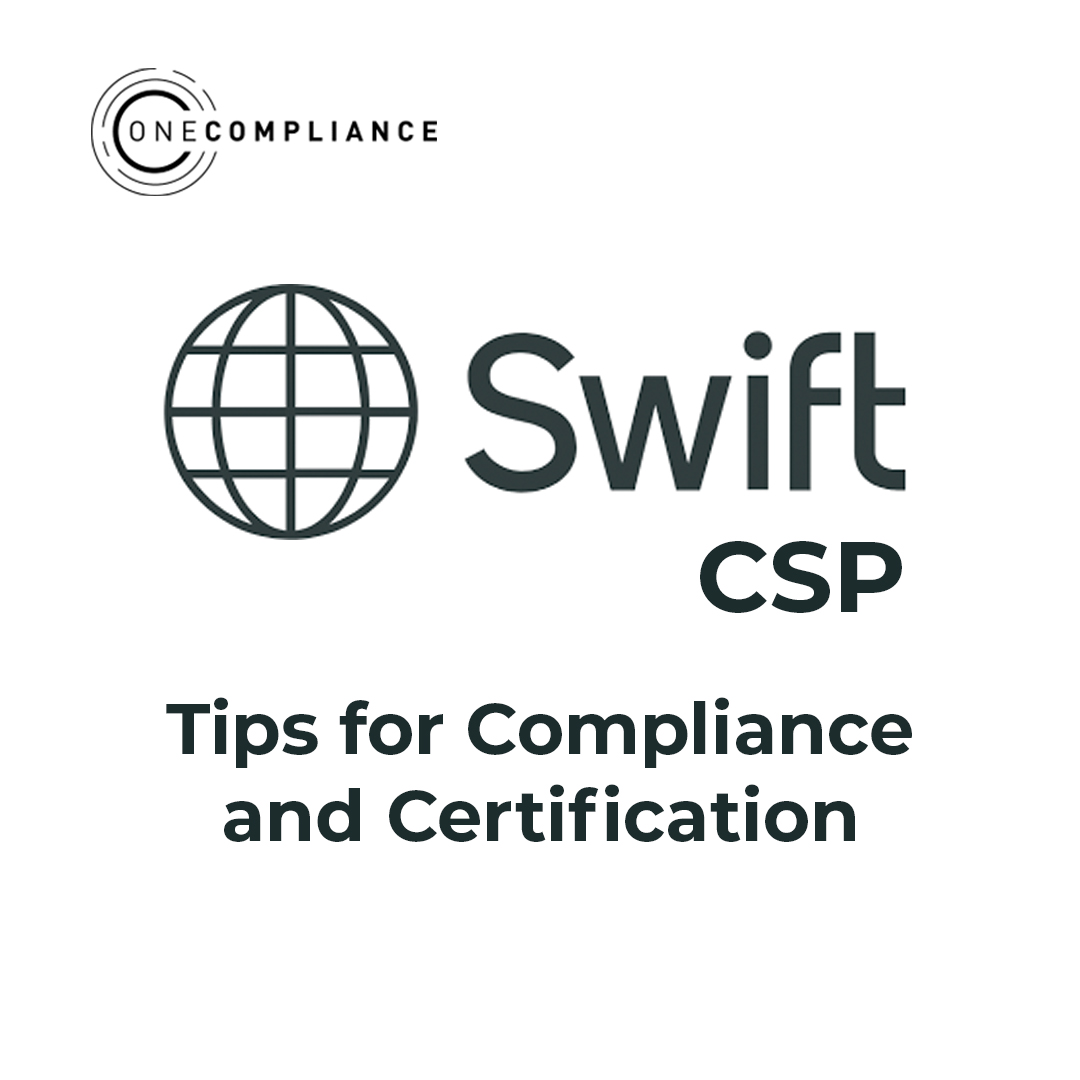WFH OR RETURN TO THE OFFICE – ONE CLEAR REQUIREMENT
The pandemic has caused a huge shift in the way we work. But as the UK continues to lift its Covid measures, whether your staff remain at home, come back to a desk-bound role, or mix and match dependent on need, space and personal preference, there is one clear requirement: data security.
A CHANGED WORLD
There is no doubt that Covid-19 has changed the business world in multiple ways. The global economy has taken a big hit, and businesses have not only had to count the cost financially, but many have had to adapt in order to survive the pandemic.
For some, this meant reworking their business model, reinventing themselves to ensure some level of cash flow as the UK shutdowns started. Restaurants, for example, have had to swiftly move to delivering takeaway meals, and online clothing stores shifted their focus to loungewear and ‘working from home’ attire rather than swanky evening gowns and going out tops.
For the vast majority, even if ‘business as usual’ remained, huge changes to the working environment were needed: as the UK went into lockdown, there were still many companies that weren’t set up for home working, despite the world becoming more and more digital over the past few decades.
WORKING FROM HOME
Working from home (WFH) has always had its benefits. Increased productivity and heightened motivation are two frequently cited advantages, and there are cost savings to be had too – there is a need for less office space, less heating and lighting…
It also has its benefits for the home worker – less travel time, little need for transport, the joy of being able to hang out the washing when the sun shines, and the excitement at not having to make yet another packed lunch or spend £4.99 on a substandard meal deal.
Equally, however, WFH has several drawbacks – both for the company and the worker alike. For businesses that have either been set up from the off to provide flexible WFH options, or those that have gradually transitioned to offering WFH, these shortcomings are likely less ‘felt’ – the concept has been built into their general environment, their core values, their processes, and their IT systems.
But for those that have been thrown into WFH due to the pandemic, the cost has been high: the logistics needed to allow for effective WFH can be complicated and time-consuming. Companies need to think about the systems they have in place to enable their staff to fulfil their roles, they need to consider how they will manage staff, and they need to look to their communications model…
It’s a lot, even for those that embrace change. And to throw more into the mix, whilst some of the decisions are relatively superficial (the decision needs to work for the good of those involved but has minimal external consequence), many may have sizeable financial implications, as well as the added intricacy of legal requirements. If these aren’t dealt with properly, the business may open itself up to serious repercussions.
SECURITY SAVVY STAFF? ONE CLEAR REQUIREMENT
One of these areas is security. We all know that data is ‘bigger’ than ever, and businesses are required to be more secure than ever. WFH throws up several considerations. Data security is, and always will be, a key concern, and with the pandemic’s rise of home workers, it has likely never been greater.
And, as if this wasn’t enough, now comes the next call: has this worked for us, or do we return to office-based work?
But, regardless of whether your staff remain at home, come back to a desk-bound role, or mix and match dependent on need, space and personal preference, there is one clear requirement: how can our business ensure our staff are security savvy and our data is safe?
As data security specialists, we have been providing advice for our clients throughout these testing times. It is now more important than ever that you ensure your staff are security savvy – aware of your processes, and how to keep your data, and your business, safe.
TOP TIPS
Here are some of our top tips, most of which you should now be on board with:
- Ensure staff have seen and understand working from home/mobile and teleworking policies,
- Minimise BYOD to maximise control. If this is not possible, make sure all staff are aware of, and fully understand, the BYOD policy,
- Issue privacy screens for laptops, and,
- Communicate your key security practices frequently.
Standard policies should, at a minimum, incorporate:
- Corporate devices are for staff use only,
- Such devices must be locked away when not being used,
- Do not click on any links from unknown sources,
- Do not provide any personal or corporate information unless authorised by management to do so,
- Do not download or save any personal data to your laptop unless strictly necessary,
- Always follow company policies and processes (if you are unsure, ask), and,
- Alert the IT team should any suspicious emails come in.
These are, of course, high level, and there are many ways in which you can work to ensure your business, and its data, remains safe – legally, financially, and reputationally. Speak to us today. See how our world-class team of cyber security specialists can safeguard your business, whether office-based, WFH or hybrid.
One Compliance is a trusted data privacy and cyber security specialist who focus on increasing the robustness of your security. Our qualified team of consultants and QSAs help reduce complexity, mitigate risk and ensure your data is both secure and compliant.
Find out more about our services and how we can help you – call us today on 020 3855 0895.

